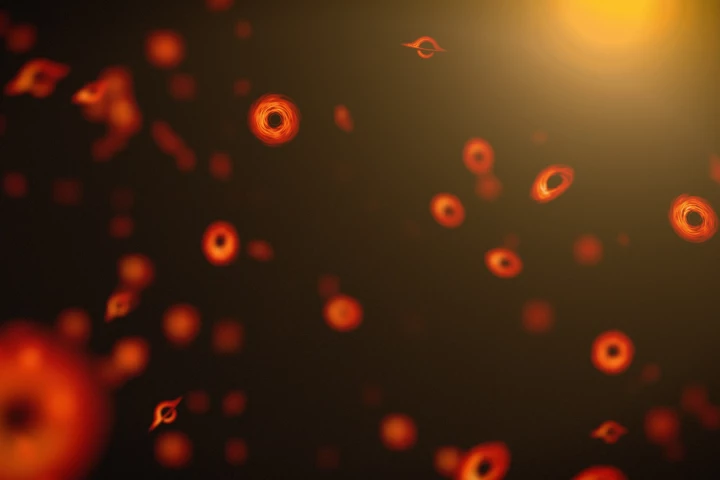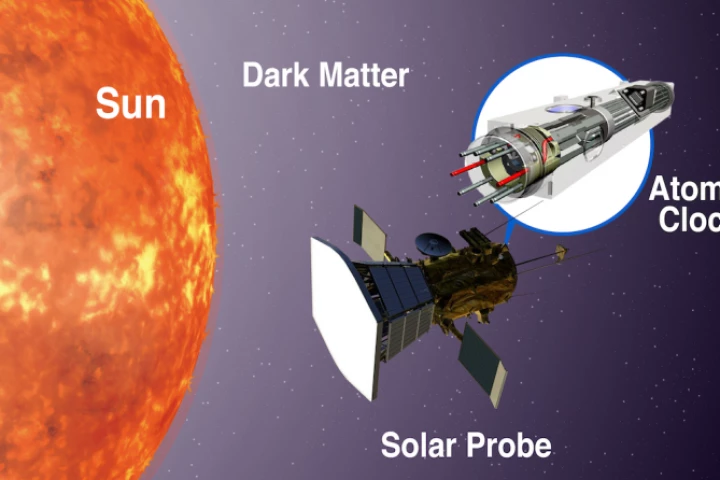Dark Matter
-
When the Tourbillon initially took stage, nearly everything written about it fawned over its meticulous dash, its beautiful curves, and included every chrono-pun one could think of. Finally, Bugatti has given us a peek at what's actually under the hood.
-
There's no replacement for displacement. An adage that's been around as long as the combustion engine, really. But these age-old sayings don't really apply anymore when it comes to electric motors.
-
Dark matter is thought to outnumber regular matter by a factor of five to one – so why can’t we find the stuff? A new study proposes looking for it from space, using a satellite containing a levitating piece of graphite and a laser.
-
To find black holes we usually have to look thousands of light-years away. But a new study suggests we could find evidence of them right here on Earth, as tiny tunnels they’ve carved out in rocks or old buildings.
-
Despite a century of searching, dark matter remains a no-show. A new paper proposes an alternative hypothesis, showing how gravity could exist without mass and produce many of the same effects we ascribe to dark matter.
-
Black holes are famous for gobbling up everything – but could they ever be swallowed whole? A new study suggests stars could capture very small black holes. There might even be a way to find them, and if so, they could help us understand dark matter.
-
One of the biggest cosmological mysteries centers on a discrepancy in how fast the universe is expanding. A new study comes to an intriguing solution by applying a modified theory of gravity and an unsettling “supervoid” that our galaxy resides in.
-
ESA has released the first five images from its Euclid space telescope that reveal unprecedented high-resolution pictures that cover large areas of the sky in a single shot, demonstrating its capabilities for its upcoming dark matter survey.
-
Our solar system officially houses eight planets, but some scientists say there could be a ninth hiding on the fringes. Now, a new study has found the oddities could be explained by modified theories of gravity, an alternative idea to dark matter.
-
If a new study holds water it might be the JWST's most important discovery ever. Three bright objects in the distant universe could be the first candidate “dark stars,” hypothetical celestial objects powered by the annihilation of dark matter.
-
Astronomers have put together one of the most comprehensive maps of all the matter in the universe. The huge undertaking hints at a slightly smoother universe than we thought, suggesting that something might be missing from our models.
-
Dark matter remains elusive despite decades of searching. Now physicists have proposed a new experiment that would try to find signals by sending atomic clocks to where dark matter should be at its most dense – right near the Sun.
Load More











